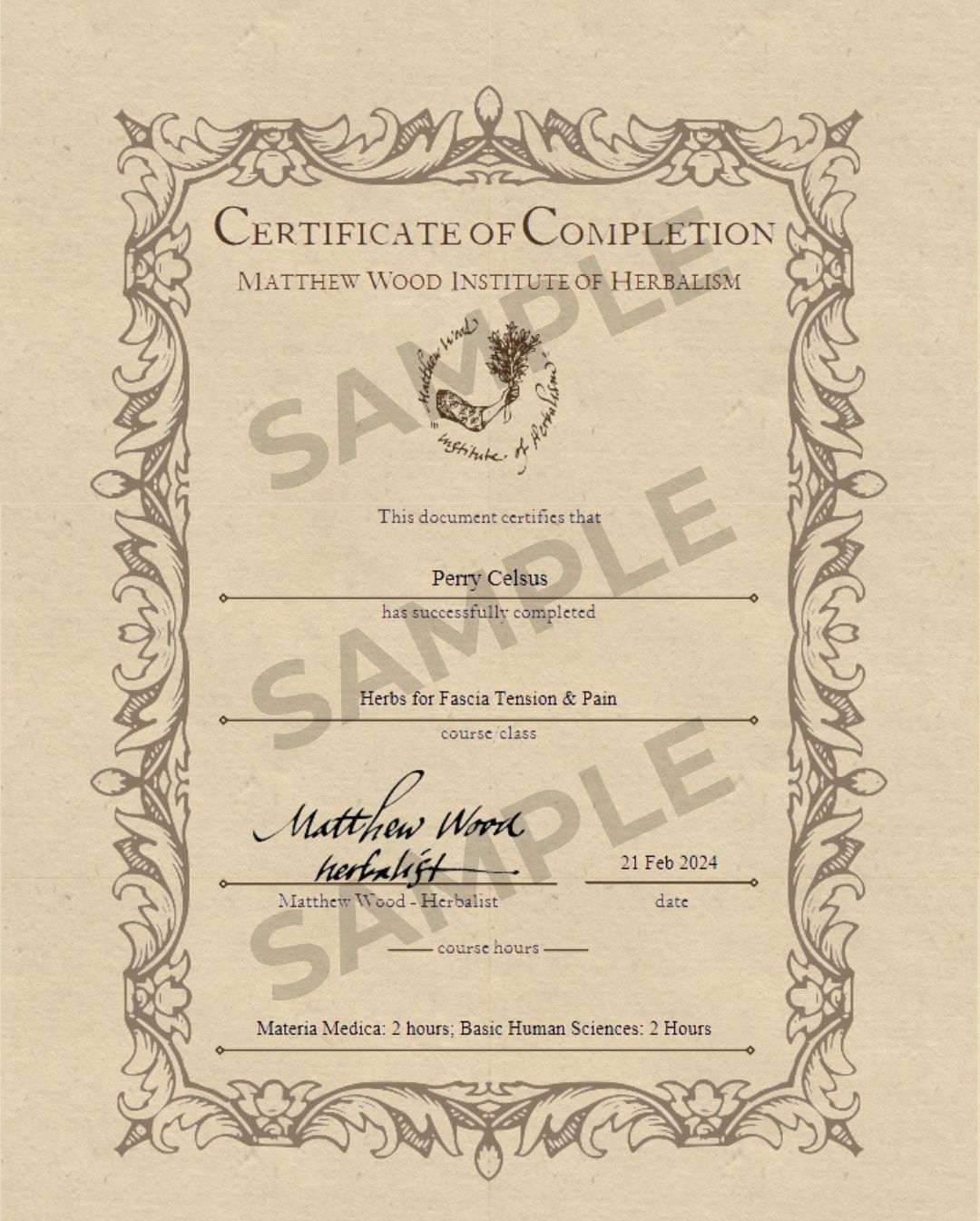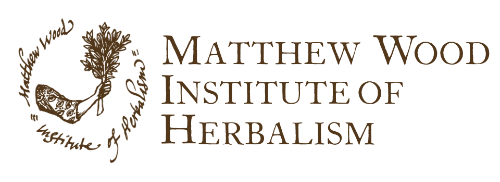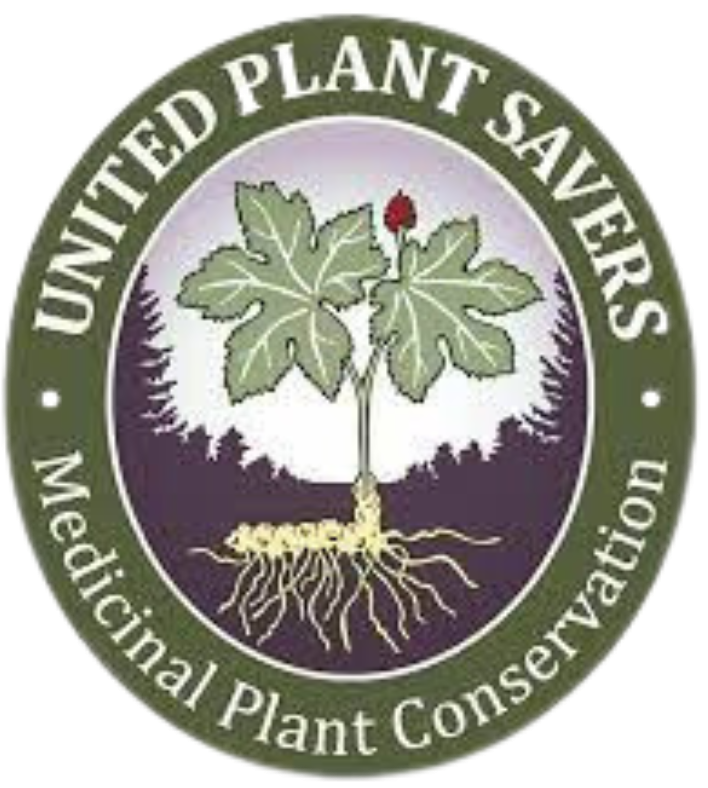
Herbs for Kidney and Bladder
Connected - Central - Holistic
Unlock the kidney's code to vitality!
There's no doubt the heart is an essential organ, but the kidneys are of equal importance. By comparison, the liver re-generates considerably after injury—especially with herbs and vitamins. If the heart is damaged, there is compensation for activity but not regeneration. If the kidneys are damaged, there is some repair and compensation but generally not full return to functioning.
We agree with traditional Chinese medicine that the kidneys are the foundation of our stamina—the stronger the kidneys the more force in ‘doing what needs to be done.’ TCM also credits the kidneys with storing the Jing (essence, genetic material), which is the source of the primal yin and yang of the body. The basic water and the basic fire. The kidneys even store the primal qi (which is equivalent to inherited constitutional strength). We will be studying this aspect of the kidneys but we (Matthew) long ago found that for actual kidney problems, the Chinese system is deficient.
Western herbalism provides us with diuretics, astringents, and warming remedies that address kidney problems directly. We need to understand the kidneys from the six tissue states – hot and cold, damp and dry, tense and relaxed. And by golly, we also need to understand the basic problems from the TCM standpoint—Kidney Yin Deficiency, Yang Deficiency, Qi Deficiency, and Jing Deficiency. These show us the more far-flung influences of the kidneys on functions and structures such as bones, joints, stamina, exhaustion, etc., that we might not think about when using the Western model. And, of course, we need to know how the kidneys work, in biomedical terms.
Includes
Support Materials
Kidneys: Water/Solid Regulation and Bladder: Solid/Water Elimination by Matthew Wood
Support Materials
Herbs for the Urinary Tract System by Phyllis D. Light
Video
6 hours of teaching
Certificate
Certificate included
(see more below)
This is for you if you...
Upon completion, you will...
Teachers
Matthew Wood, MS
Matthew Wood has been a practicing herbalist for over forty years. He is an internationally known teacher and author with more than ten books to his credit. Matthew has an MSc in herbal medicine from the Scottish School of Herbal Medicine (accredited, U. of Wales). He lives in the Midwest.
Phyllis D. Light, MA
As a 4th generation herbalist, Phyllis started with lessons from her grandmother who taught from her Creek/Cherokee heritage. Phyllis has studied and worked with herbs, foods, and other healing techniques for 30+ years. She is the author of Southern Folk Medicine and co-author of Traditional Western Herbalism Pulse Evaluation.
Certificate Included

-
How to Get a Certificate
- Complete course materials
- Pass the test with a grade of 70% or better
- Save or print your certificate!
Available with subscription and individual course purchases.
-
Accreditation hours
This course is a total of 14.3 accredited hours- 10 hours Materia Medica
- 4.3 hours Basic Human Sciences
*Please check with your accrediting agency whether they will accept accredited hours or certificates from the Matthew Wood Institute of Herbalism
Write your awesome label here.
Herbs for Kidney and Bladder
See how it all comes together.
Looking For A DEEPER JOURNEY INTO HERBALISM?

